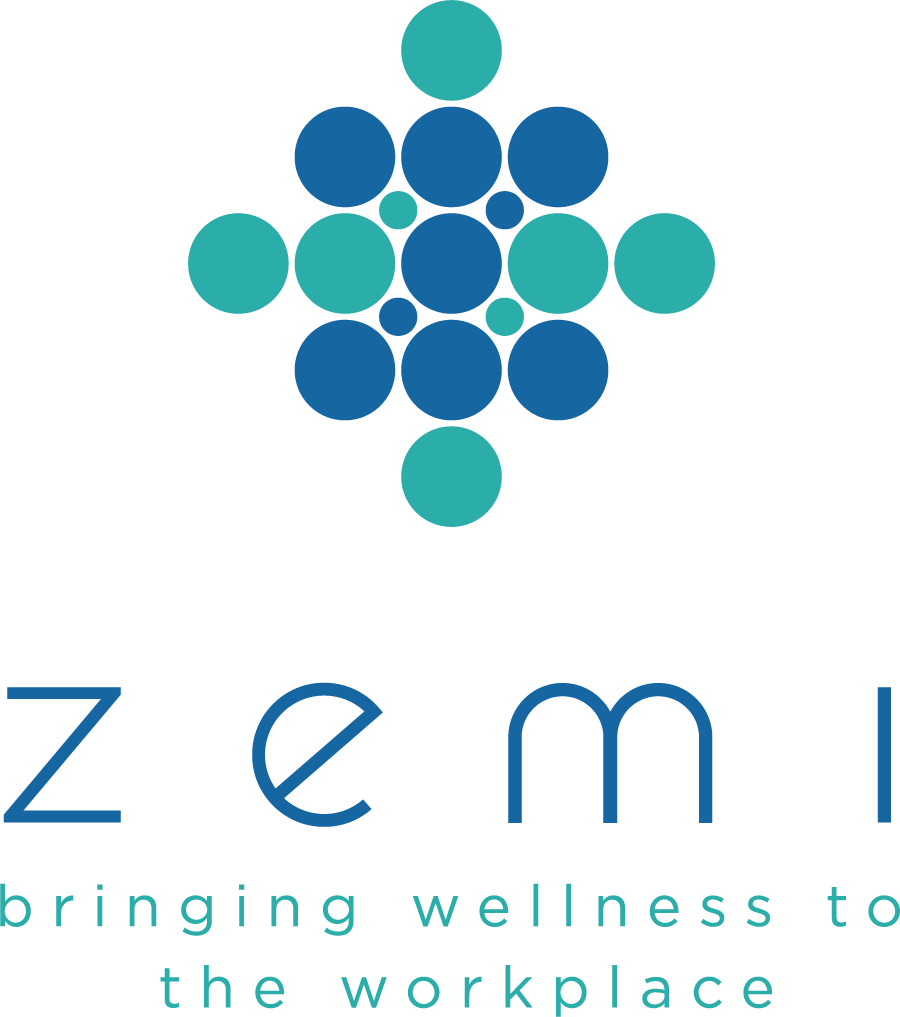Nutritional Bang for your Buck
March is National Nutrition Month! Zemi wants to help you reach your peak of nutrition. Why? Good nutrition equals energy, disease prevention, and general health as opposed to weight gain, hypertension, diabetes, cancer, inflammation, and more. There is magic in vitamins and minerals!
For this reason, we want to focus on nutritionally dense versus calorically dense foods.
What are CALORIE DENSE foods?
Calorie-dense foods have lots of energy packed into little volume. Usually, calorically dense foods are also what we call "empty." This means that calories come from high sugar and fat content and offer little, no, or even negative benefits.
Energy dense foods are often "refined," meaning they stripped of nutrients and fiber. The American Journal of Clinical Nutrition explains that refined carbohydrates are linked to mood swings, fatigue and depression.
Sources of calorically dense foods include foods with oil, white flour, sugar, and a high level of processing. These include baked goods, fried foods, fast food, processed meats, and refined grains.
What are NUTRITIONALLY DENSE foods?
Nutritionally dense foods are rich with vitamins and minerals and have minimal calories compared to volume. Such foods have minimal processing, often have higher water content, and include complex carbohydrates and/or protein. Think "whole foods." These foods offer more for your body and take longer to digest.
Nutritionally dense foods should comprise the bulk of your diet. A diet of nutritionally dense foods will provide your body with adequate fiber, protein, and hydration in addition to vitamins and minerals.
Sources of nutritionally dense foods include fruits, vegetables, lean meats, and whole grains. Consider incorporating quinoa, barley bulgar, and oats into your diet; these foods offer a high degree of nutrition compared to more common grains (rice and wheat) and will lead to stable blood sugar. For this reason, it is advised to consume wheat over white.
WHAT CAN YOU DO?
There are many ways you can transform your diet from being calorically heavy to having an abundance of nutrition. Here are just a few ideas:
Add more fruits and vegetables to your diet. Every fruit and vegetable offers a different complex of vitamins and minerals so try to get a variety! Aim to include 10 different fruits or vegetables in your diet every day, no matter the serving size.
Go brown and swap white for wheat.
Check food labels for HFCS (high fructose corn syrup) and other added sugars. HFCS is a cheap filler for foods and it is harder for the liver to digest. You are better off with regular sugar or none at all! Tip: organic foods are not allowed to include HFCS. Buying organic may the easiest way to avoid it. Other sugars can be recognized by the "-ose" in their name.
Limit your intake of processed meats (salami, bacon, sausage, hot dogs, ham, etc.) and eat more lean meat instead.
Be conscious of your condiments. Most condiments are full of sugar and fat (examples include ketchup, mayonnaise, sour cream, Nutella, oil-based dressings, etc). Consider using other condiments, including mustard, dill relish, plain Greek yogurt, organic nut spreads, and vinegar-based dressings.
Reduce consumption of empty drinks, including soda, juice, and alcohol. Replace with more water!
Zemi encourages you to choose one or two things from this list to work on or choose your own way to make your diet nutritious. And remember, supplements do not offer the same fiber, water content, or absorption that real food does, so eat real food (and not the processed kind)!


